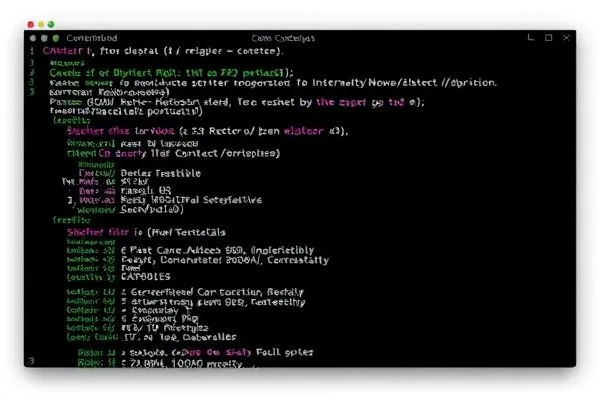Understanding the complexities of cybersecurity requires a thorough examination of incident response and vulnerability management. This blog post offers an in-depth exploration of critical vulnerabilities and insights into effective incident response strategies, reinforcing the necessity for organizations to stay proactive in safeguarding their digital assets.
Key Takeaways:
- Recognizing the importance of timely incident response can significantly reduce the impact of a breach.
- Awareness of prevalent vulnerabilities is crucial for implementing necessary security measures.
- Regular penetration testing and assessment are essential components of a robust cybersecurity strategy.
Understanding Vulnerabilities and Their Implications
Cybersecurity vulnerabilities are weaknesses within a system that can be exploited, leading to data breaches, system failures, or unauthorized access. The recent vulnerabilities reported by CISA, including those in Advantive, Veracore, and Ivanti EPM, exemplify the immediate need for organizations to prioritize patch management and remediation strategies. Organizations must deploy tools and frameworks to assess their systems regularly. Failing to do so can result in devastating consequences, including financial loss and damage to reputation.
The demand for immediate attention to vulnerabilities cannot be overstated. The [CISA alerts](https://cybersecrom.com/cisa-alerts-new-vulnerabilities-in-advantive-veracore-and-ivanti-epm-demand-immediate-attention/) are not mere notifications—they are critical calls to action that require organizations to adopt a proactive stance. By implementing a strong vulnerability management program, companies can systematically identify, evaluate, and mitigate risks before they are exploited.
Effective Incident Response Strategies
Developing a comprehensive incident response plan is paramount for organizations aiming to minimize potential damages from cyber incidents. According to insights from [Kaspersky’s 2024 report on incident response](https://cybersecrom.com/navigating-the-complexities-of-incident-response-insights-from-kasperskys-2024-report/), a well-crafted response plan should include detection of incidents, coordination among response teams, and communication with stakeholders. The ability to manage incidents swiftly and efficiently can significantly affect the aftermath of a cybersecurity event.
Relying solely on automated tools is insufficient; human oversight remains critical in interpreting data and responding to threats. Engaging in regular penetration testing, as outlined in [various methodologies](https://iumiro.com/types-of-penetration-testing/), allows organizations to understand their security posture better and identify areas of weakness that require remediation. Furthermore, continuous education and strategy refinement can empower security teams to adapt to emerging threats dynamically.
Conclusion
In conclusion, the intersection of identified vulnerabilities and proactive incident response is crucial for any organization navigating the cybersecurity landscape. By committing to regular assessments and developing robust incident response plans, businesses can fortify their defenses against potential cyber threats. Staying informed and vigilant remains the bedrock of effective cybersecurity strategy.









